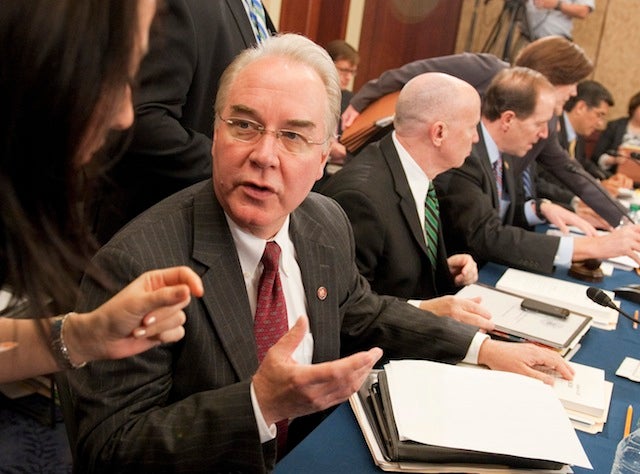Sponsored by Representative Tom Price (R–GA) and Senator Orrin Hatch (R–UT), the Employee Rights Act addresses insufficient protections employees have vis-à-vis unions.
The bill would guarantee employees the rights to:
- Vote privately in a secret ballot election before forming a union;
- Opt out of having their personal contact information provided to a union during an organizing drive;
- Vote in a secret ballot election before accepting a contract or going on strike;
- Vote regularly on re-electing their union;
- Decide whether their union can spend their dues on matters unrelated to collective bargaining; and
- Be free from union interference or extortion in exercising their legal rights.
Do these measures seem like common sense? Most union members would agree. Polling finds between 71 percent and 88 percent of union households support each provision. Union members know firsthand that union bosses too often put their own interests first.
For example, unions want more members. They promote officers who successfully organize new workplaces. This encourages organizers to pressure employers to eliminate secret ballot elections and have workers vote publicly instead. This loss of privacy benefits unions but hurts workers. The Employee Rights Act would make such tactics illegal.
Similarly, unions can currently call for a strike without first consulting workers. The bakery union at Hostess never held an employee vote before striking. It simply called a strike—which subsequently liquidated the company. Union bosses should not have the power to make such calls unilaterally. Employees should have a say in decisions that put their jobs at risk. The Employee Rights Act would require a secret ballot vote before a union can call a strike.
The Employee Rights Act would protect workers from union pressure. It would put power in the hands of the employees and make union leaders more accountable to their members. If men—or union bosses—were angels, such changes would be unnecessary. Since they are not, such policies make a lot of sense.
Filip Jolevski is currently a member of the Young Leaders Program at The Heritage Foundation. For more information on interning at Heritage, please click here.
CLARIFICATION: An earlier version of this post included a provision in the legislation that has since been modified. The post has been corrected to clarify the current bill’s provisions.



























